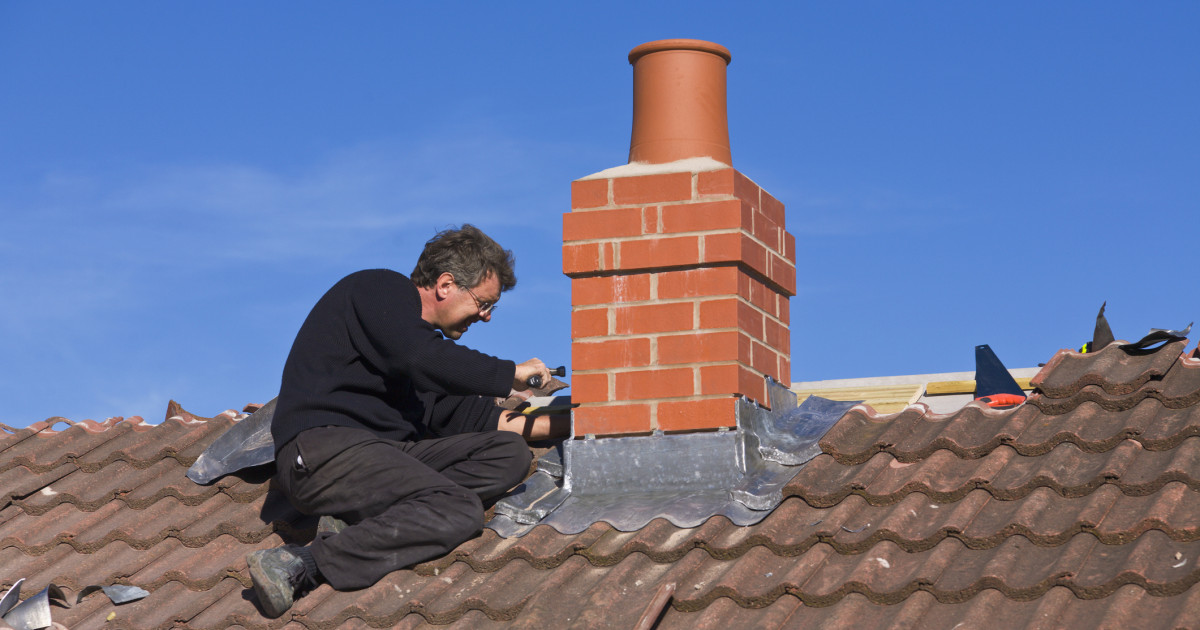How to Maintain Your System Properly with Chimney Liner
Protect your home with a durable chimney liner. Prevent damage, improve safety, and ensure efficient fireplace performance with expert care

If you’ve ever enjoyed the warmth of a crackling fire or the peace of mind that comes with a safe, efficient heating system, you probably know how important it is to keep everything in top shape. One part that often gets overlooked? That hidden hero inside your stack — the chimney liner. Whether your home is older or brand new, understanding and caring for your Chimney Liner can make a world of difference for both safety and comfort. Let’s walk through some easy ways to keep your system running smoothly, and why this one piece of your home deserves a little extra attention.
"A well-kept chimney liner is like a reliable friend: it quietly protects your home so you can enjoy the comforts within."
Getting to Know Your Chimney Liner
Imagine your chimney as a tunnel that carries smoke and fumes safely out of your house. The chimney liner acts like an inner coat — it shields the actual bricks or metal from heat, soot, and gases.
Without a liner, or if it’s damaged, these elements can sneak into cracks, cause damage, or even spark a fire. Liners may be stainless steel tubes, clay tiles, or cast-in-place systems, but the job is the same: safely route harmful byproducts out while protecting your structure.
Simple Steps for Lasting Maintenance
You don’t need to be an expert to look after your liner. Just build these habits:
- Annual Inspections – Even if unused, have a professional check your liner yearly.
- Regular Cleaning – Soot and creosote can clog the liner and increase fire risk; schedule a sweep.
- Watch for Warning Signs – Smelly odors, flakes in the firebox, dampness, or visible cracks all signal problems.
- Burn Wisely – Always use dry, seasoned wood and avoid burning trash or green wood.
Why a Good Liner Matters More Than You Think
A properly working chimney liner does more than move smoke outside:
- Prevents carbon monoxide from entering living spaces.
- Protects chimney walls from heat and acid damage.
- Saves money on long-term repairs.
- Improves heating efficiency.
Maintenance Schedule & Benefits
| Maintenance Task | How Often | What You’ll Gain |
|---|---|---|
| Professional Inspection | Once a year | Spot damage early before it worsens |
| Chimney Sweeping | 1–2 times a year (more if heavy use) | Remove soot/creosote, reduce fire risk |
| Liner Replacement/Repair | Every 10–20 years (as needed) | Keep system efficient & safe |
| Burning Seasoned Wood | Always | Reduce residue buildup, cleaner burns |
When to Call for Help
Call a professional chimney service if you notice:
- Persistent odors or smoke leaks
- Water damage or unusual dampness
- Animal intrusion or blockages
Pros use cameras and special tools to spot hidden issues and recommend repair or replacement.
Key Features of Chimney Liners
A safe fireplace starts with regular care Chimney Liner Replacement improves safety, boosts heating efficiency, prevents fire risks, blocks animals, and shields chimneys from heat and moisture damage.
- Flexible liners: Ideal for older or oddly shaped chimneys
- Rigid liners: Smooth surface, easier to clean
- Modern designs: Handle high heat, resist acid, simplify cleaning
Safety
Your chimney liner is a barrier of protection against:
- Chimney fires
- Carbon monoxide leaks
- Structural damage
Keeping it maintained ensures safety for your home and family.
Cost of Chimney Liners
Service/Material & Average Cost Range
- Basic Inspection – $75 to $150
- Chimney Sweeping – $100 to $300
- Stainless Steel Liner Install – $1,200 to $4,000
- Clay Tile Repair/Relining – $2,000 to $7,000
- Cast-in-Place Relining – $2,500 to $7,500
Note: Costs vary by size, material, and labor. Stainless steel costs more upfront but lasts longer.
Emergency Service
If you suspect a blockage, strong odors, or trapped animals, call an emergency chimney service right away. Many providers offer 24/7 support to handle urgent risks and keep your home safe.
FAQs
Q: How do I know if my chimney liner needs replacing? A: Look for crumbling pieces in the firebox, odors, or poor fireplace performance. Only a professional inspection can confirm.
Q: Can I clean the liner myself? A: Light cleaning is possible, but full sweeps should be done by a pro with the right tools.
Q: Are chimney liners required by law? A: In most areas, yes—building codes require liners for wood-burning and gas appliances. Check local codes.
Wrapping Up: Give Your Chimney Liner the Attention It Deserves
Your chimney liner may be hidden, but it’s one of the most important safety features in your home. With regular checks, smart burning practices, and professional support when needed, you can ensure your home stays warm, safe, and efficient for years to come.
Read More: Local Chimney Sweep